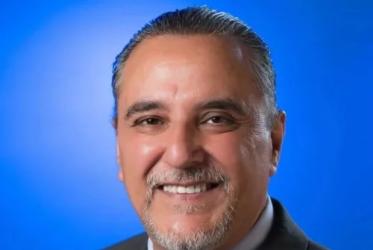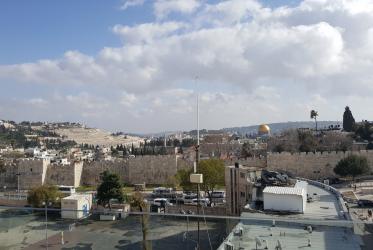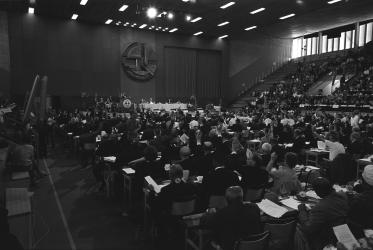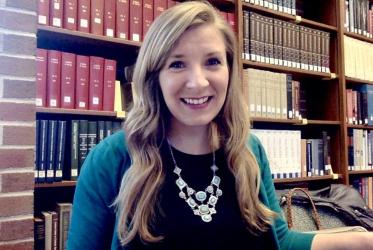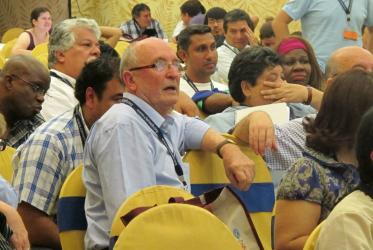Displaying 1 - 20 of 20
07 July 2023
New student body at Bossey Ecumenical Institute “a source of joy”
14 September 2020
Dr Saïd Ailabouni: God is on the side of rejected, oppressed, occupied
12 September 2019
#WCC70: From ecumenical seeds
11 September 2018
#WCC70: A story of life
07 June 2018
Faces of Hope raises awareness
07 March 2018
WCC welcomes historic step towards peace in Colombia
24 September 2015
Faith communities urge U.S. to resettle more Syrian refugees
14 September 2015
Towards accessible and inclusive societies and churches in Latin America
15 September 2014
